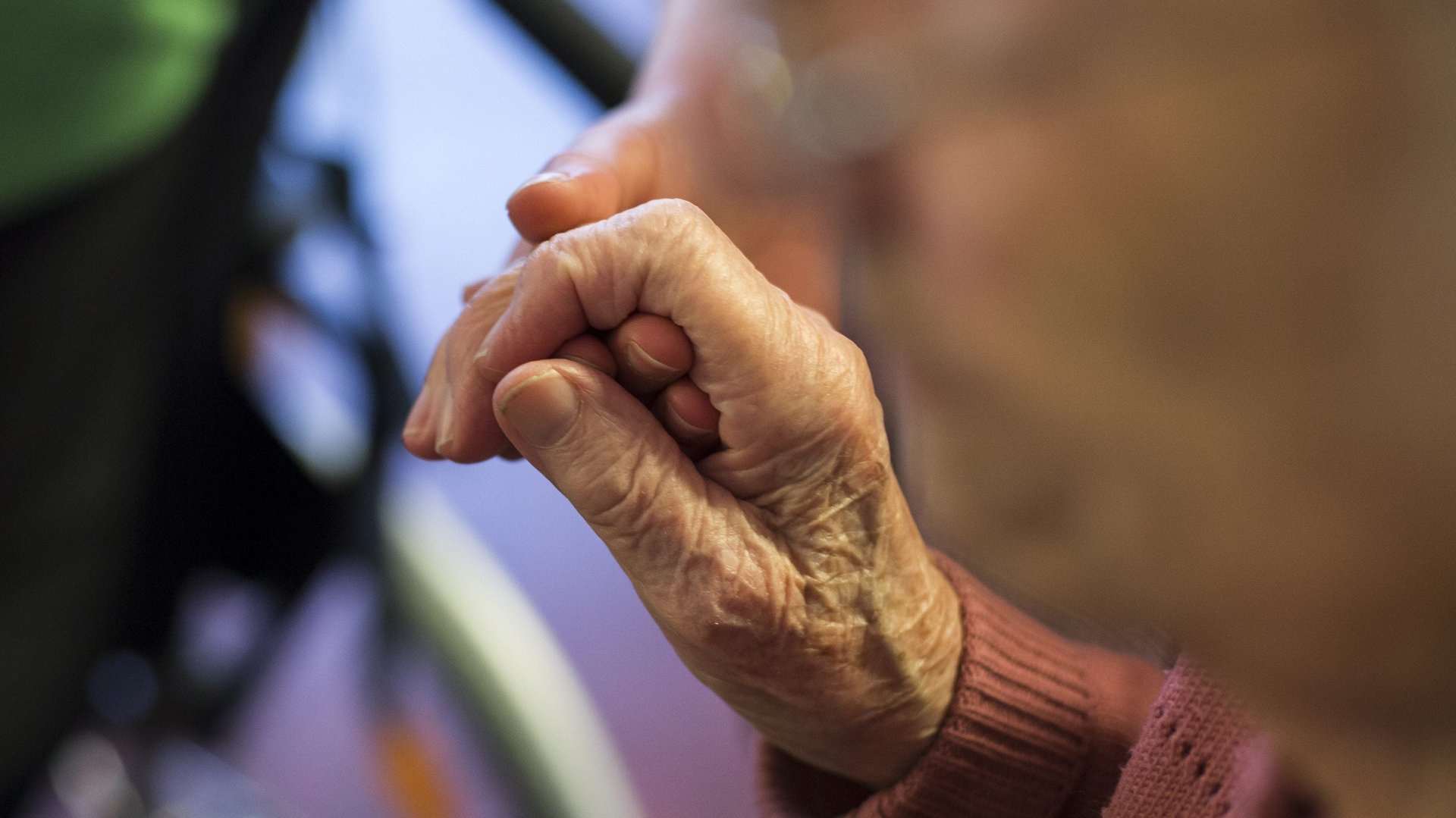The world faces a shortage of 13 million nurses by 2030
Burnout, exhaustion and mistreatment have hollowed out the world’s workforce of healthcare workers


Burnout, exhaustion and mistreatment—as well as an estimated 115,000 deaths from covid—have hollowed out the world’s workforce of healthcare workers.
In a report (pdf) on Monday (Jan. 24), the International Council of Nurses (ICN), a Geneva-based organization of global nurse associations, estimated that the world could be short 13 million nurses by 2030 unless action is taken to stem the tide of attrition, and bring new recruits into the healthcare workforce.
“We knew the situation was fragile because of the persistent historical underfunding of nursing around the world,” said Howard Catton, CEO of the Geneva-based International Council of Nurses, which represents more than 27 million nurses in 130 countries, “but with the latest information about nurse vacancies, their rates of intention to leave, and staff sickness rates, it must now be recognized as a global crisis.”
Burnout among nurses from Spain to China
The report’s survey of nurse associations around the world painted a grim picture of strained workforce. In Spain, nurses reported a chronic lack of PPE, and 30% caught covid. In Canada, 52% of nurses reported inadequate staffing, and 47% met the diagnostic cut-off for potential PTSD.
Burnout plagued nurses around the world: 40% in Uganda, 60% in Belgium, and 63% in the US. In Oman, 38% nurses said they were depressed, and 73% had trouble sleeping. Fifty-seven percent of UK nurses planned to leave their jobs in 2021, up from 36% in 2020. Thirty-eight percent of nurses in Lebanon did not want to be nurses anymore, but stayed in their jobs because their families needed the money.
In Australia, 17% of nurses had sought mental health support. In China, 6.5% of nurses reported suicidal thoughts.
Today’s shortages make future shortages worse
Before being battered by a pandemic now entering its third year, the world was already short an estimated 5.9 million nurses, much of this concentrated in low- and middle-income countries. As richer countries draw nurses from other nations, these disparities could worsen. Meanwhile, short-staffing in US hospitals have also led to declining nurse-to-patient ratios, which worsened since covid.
Too many patients for too few nurses increases pressure on the existing workforce, sometimes to intolerable levels. During the pandemic, bad working conditions became worse, and ICN surveys in member countries have seen a pattern of exhaustion among their nurses. Catton says that over a year from 2020 to 2021, “intention to leave,” a measure of potential attrition, has doubled to 20-30% of a country’s workforce.
It’s too early to tell what the final fallout will be in the nursing ranks (we’re still in this pandemic, after all), but ICN projects that a 4% decline in the current workforce would mean the global shortage would increase by more than a million by the end of the pandemic, pushing the shortage up to 7 million nurses, a number ICN warns could balloon to 13 million by 2030 (pdf) with more than 6 million nurses expected to retire over the next decade.
Meanwhile, the long tail of covid, including the need to administer the cycles of vaccinations and boosters, as well as caring for the millions dealing with long covid, means an increase in demand for healthcare workers, further widening the gap between the number of working nurses and the number of nurses the world needs. On top of this, the sweeping demographic shifts happening globally, with larger shares of the population in many countries becoming elderly, will also create more demand for nursing care.
It’s possible to avoid or at least mitigate the ballooning shortage, but the world will need to spend money—to pay nurses better, to provide with them better equipment, and to improve hospital staffing levels—so that nurses don’t feel leaving the profession is their only choice.